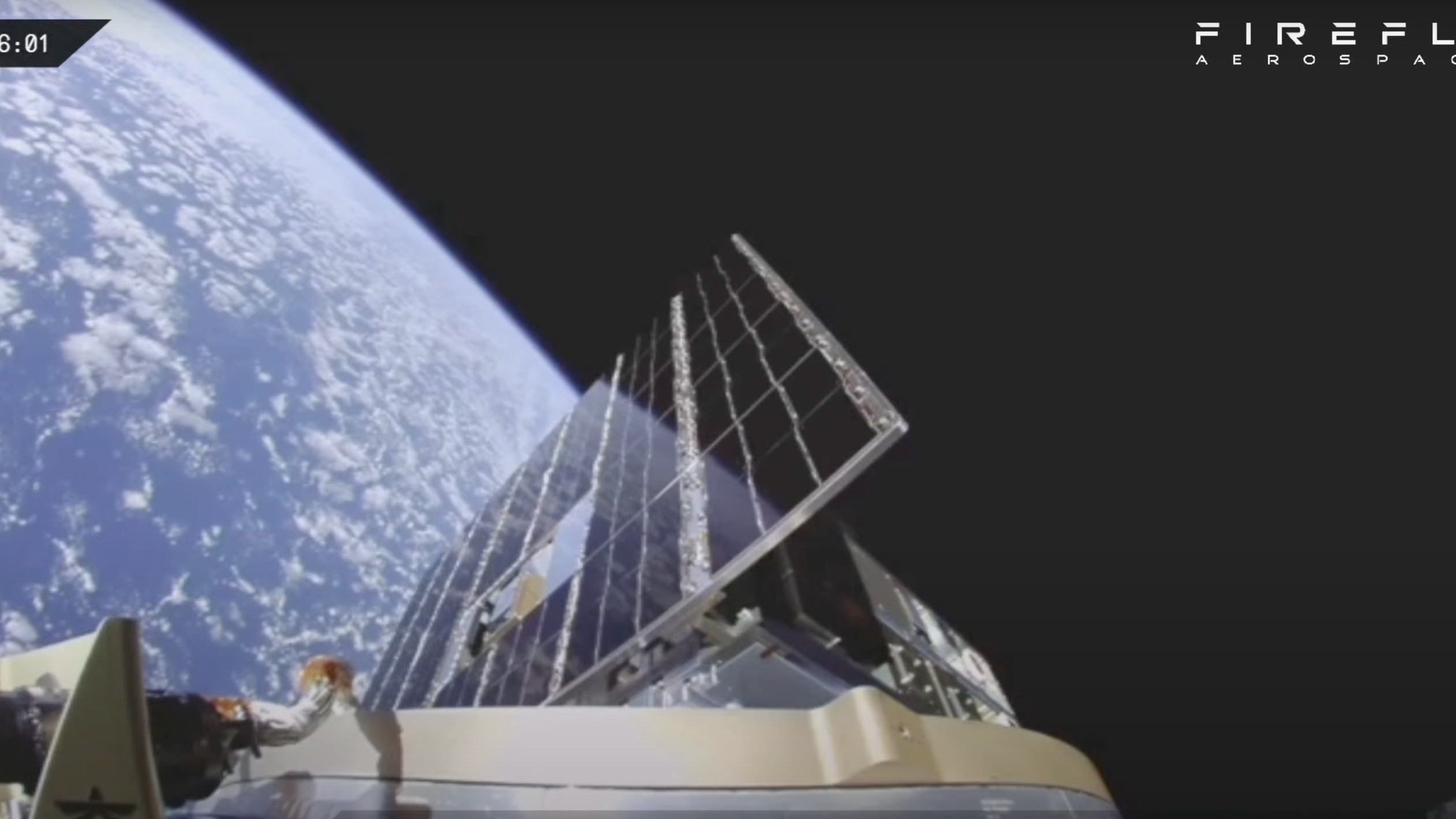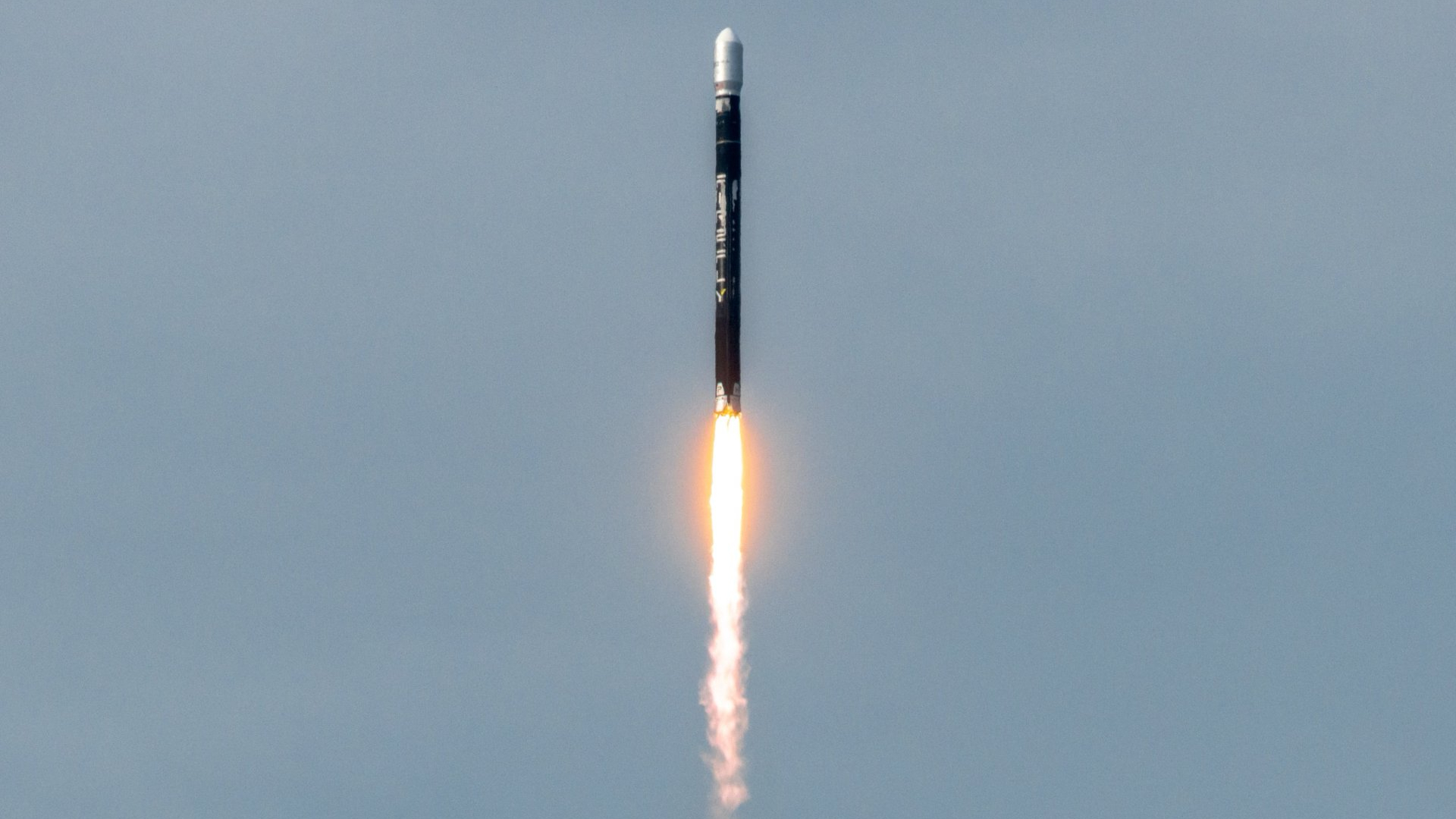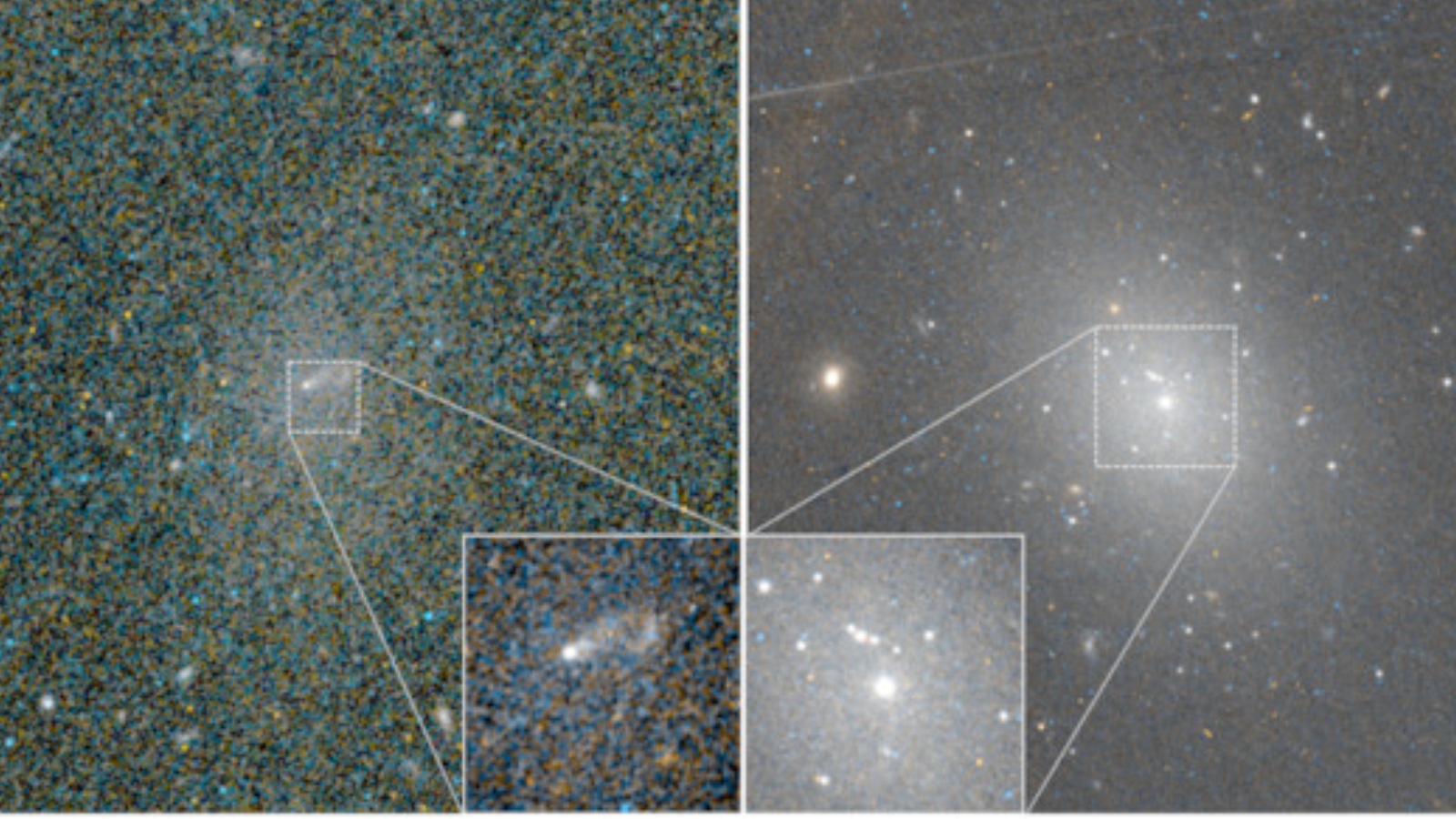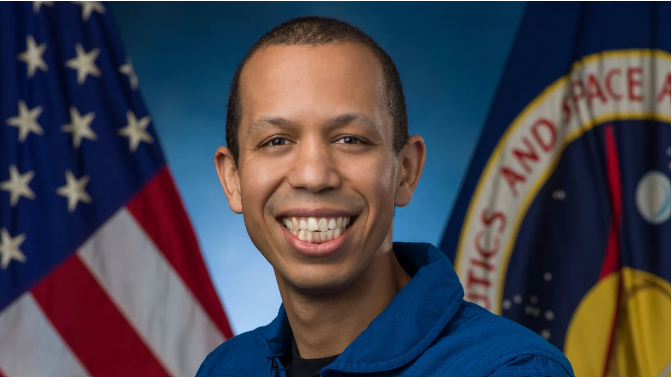Firefly Aerospace's Alpha rocket suffered an upper-stage problem during its fourth-ever flight on Friday (Dec. 22), delivering its payload to the wrong orbit.
Alpha lifted off from California's Vandenberg Space Force Base Friday on Friday at 12:32 p.m. EST (1732 GMT; 9:32 a.m. local California time), carrying an electronically steerable antenna (ESA) payload developed by aerospace giant Lockheed Martin to low Earth orbit.
Everything went well initially, but Alpha's upper stage "did not deliver the payload to its precise target orbit," Firefly wrote in an update on Friday evening. "However, communication to the spacecraft has been established and mission operations are now underway."
"In line with our core principles as a company, we will rapidly and continuously innovate to find a solution and ensure complete resolution of any anomaly we see during flight," the company added. "We will work with our customer and government partners to investigate the stage two performance and determine the root cause."
Related: New record! Firefly Aerospace launches Space Force mission 27 hours after receiving order

The Lockheed Martin payload was designed to "demonstrate faster on-orbit sensor calibration to deliver rapid capabilities to U.S. warfighters," Firefly representatives wrote in a mission description.
"The ESA sensor is expected to calibrate in a fraction of the time it takes to operationalize traditional on-orbit sensors, which historically can take months to be powered on, fully calibrated and ready to perform their mission," they added.
Get the Space.com Newsletter
Breaking space news, the latest updates on rocket launches, skywatching events and more!
The launch, which Firefly called "Fly the Lightning," was originally scheduled for Wednesday (Dec. 20), but bad weather pushed it back by two days.
Fly the Lightning was the fourth orbital mission for Firefly and the 95-foot-tall (29 meters) Alpha rocket.
The rocket debuted in September 2021 on a test flight that failed shortly after liftoff. The second try, in October 2022, was a partial success; Alpha delivered seven satellites to orbit but apparently deployed them too low, leading to early reentries.
Flight 3, a September 2023 mission for the U.S. Space Force called Victus Nox, was a triumph. Alpha lifted off just 27 hours after the Space Force gave the order, a shorter turnaround than on any previous national-security mission. The rocket also deployed its primary payload — a satellite that will perform a "space domain awareness" mission — at the proper altitude.

Though Fly the Lightning's customer was a private company, the U.S. military watched the liftoff with keen interest.
"The launch is being observed by members of the U.S. Space Force Tactically Responsive Space team to inform future missions and the requirements for repeatable on-demand launch capabilities," Firefly wrote in the mission description.
Editor's note: This story was updated at 1 p.m. EST on Dec. 21 with the new Dec. 22 target launch date, and again on Dec. 22 with a slightly delayed launch time. It was updated again at 12:50 p.m. EST on Dec. 22 with news of successful liftoff, then again at 1:15 p.m. EST on Dec. 23 with news of the upper-stage issue.
Join our Space Forums to keep talking space on the latest missions, night sky and more! And if you have a news tip, correction or comment, let us know at: community@space.com.

Michael Wall is a Senior Space Writer with Space.com and joined the team in 2010. He primarily covers exoplanets, spaceflight and military space, but has been known to dabble in the space art beat. His book about the search for alien life, "Out There," was published on Nov. 13, 2018. Before becoming a science writer, Michael worked as a herpetologist and wildlife biologist. He has a Ph.D. in evolutionary biology from the University of Sydney, Australia, a bachelor's degree from the University of Arizona, and a graduate certificate in science writing from the University of California, Santa Cruz. To find out what his latest project is, you can follow Michael on Twitter.









